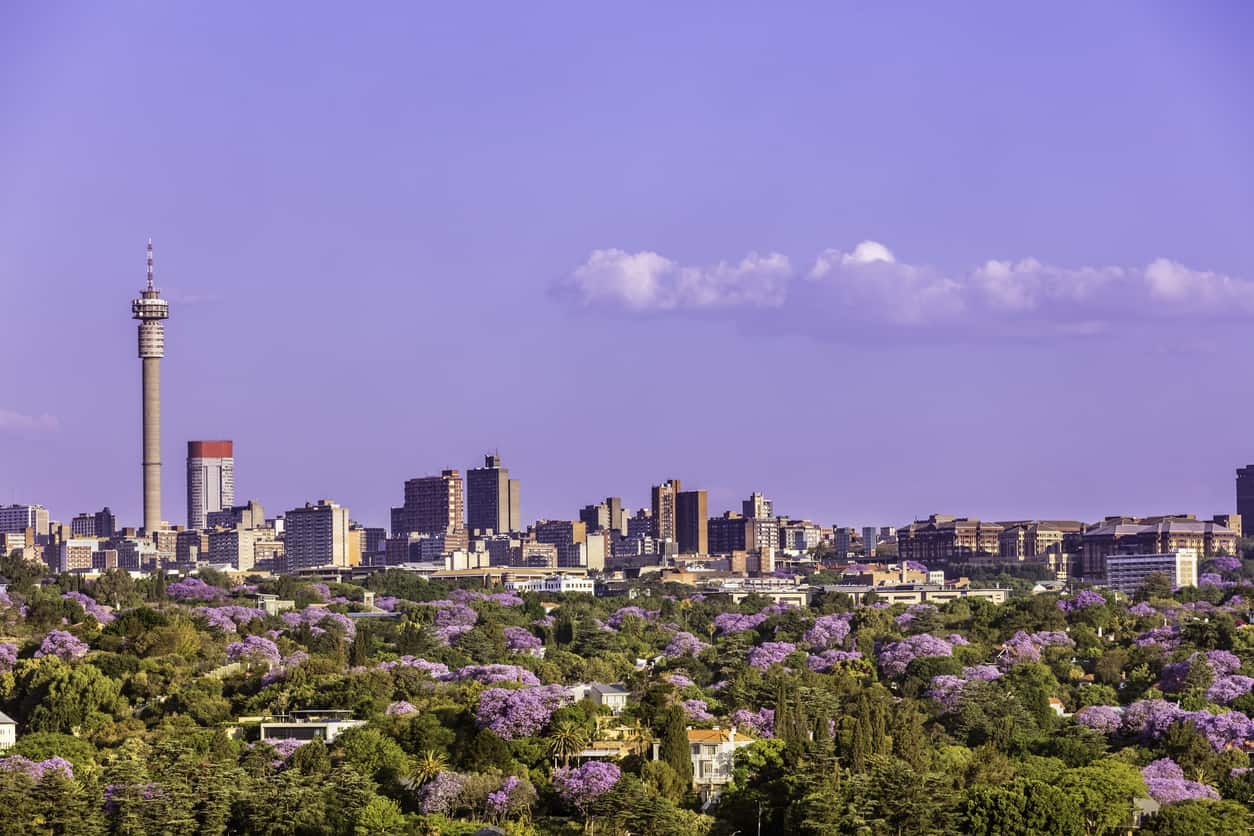Hugh Hacking from South Africa’s Old Mutual SuperFund refects on the impact of the pandemic on the fund and the importance of ESG integration in its externally managed portfolio.
Old Mutual SuperFund, South Africa’s R117 billion ($7.8 billion) defined contribution pension fund for around 470,000 members has weathered a tough year, but Hugh Hacking, chief operating officer at Johannesburg-based Old Mutual Corporate sees opportunities on the horizon.
“Global manufacturing activity has continued to grow,” he says. “In part it reflects the fact that consumers are spending less on services that require face to face interaction, and more on goods that can be used at home.”
Moreover, Hacking sees opportunity for South Africa’s economy – where the fund invests around 70 per cent of the assets under management – as the world economy recovers and begins to support local manufacturing and commodity prices. As for the funds’ investment priorities going forward, the focus will be on integrating responsible investment and opportunities in infrastructure and alternative asset classes along with the more traditional equity and bond investments.
But rays of hope on the horizon don’t detract from his acknowledgement of the pandemic’s impact on the funds’ investments. Smoothing and capital guarantees helped limit the impact of Covid-19 on the default investment portfolio, the Old Mutual Absolute Stable Growth Portfolio, where the majority of Old Mutual Superfund’s beneficiaries invest. But the portfolio still experienced the kind of short-term market volatility unseen since the financial crisis in 2008 and 2009.
Crucially this portfolio, which offers an 80 per cent guarantee level (meaning a maximum drawdown of 20 per cent for investors) experienced a one-off negative return declaration of -5 per cent. While the portfolio has subsequently recovered, this is the first time that Old Mutual has had to declare a negative return for one of its smoothed bonus portfolios in more than 40 years of managing them.
While markets have been improving, Hacking cautions that there is still significant uncertainty and that future investment returns will depend on the recovery of South Africa’s economy and the impact of further waves of the pandemic.
Structure
Old Mutual SuperFund offers a range of pooled investment options to cater for the varying risk profiles and philosophies of participating employers and members, and allocations span active and passive strategies.
“We have a very wide range of participating employers and members. The funds therefore need to cater for a very wide range of investment needs and preferences. Utilising pooled portfolios enables us to offer investment portfolios spanning a broad range of investment styles and risk-return profiles.”
All management is outsourced, either to external fund managers or Old Mutual’s own asset managers. The manager cohort are “well recognised and reputable managers,” and are reviewed on an annual basis, says Hacking.
Having the investments managed by South Africa’s best-known managers helps swell the membership, which ultimately helps drive down overall costs per member, he adds.
ESG
The SuperFund investment managers are required to adopt the principles set out in CRISA, South Africa’s responsible investment code, or to have signed up to the PRI.
“As part of their investment review, the SuperFund trustees request detailed information from all investment managers about their responsible investment policies and practises and how these are implemented.”
Investment managers must also report on how they integrate ESG when they present to the SuperFund trustees, while every manager is also required to provide an annual stewardship report.
“Non-compliance or matters of concern are tracked and reported on a regular basis. Should a manager not take appropriate action to address concerns within a reasonable period of time, the relevant portfolios may be removed from the offering.”
Hacking adds that the SuperFund also seeks to collaborate with industry stakeholders to develop, share and promote best practise in ESG. Old Mutual and the SuperFund are also taking a leading role in engaging with business and policy makers on strategic macro issues, he says. “We have recently been involved in collaboration efforts between retirement funds and asset managers regarding these matters.”
The Future
As to the future, he says the SuperFund will continue to focus of driving down costs and the improvement in value for members. Another priority is to educate and counsel members around the advantages of preserving their retirement savings when they change jobs. Most of all however, the focus is on navigating through the uncertainty posed by the pandemic.
“The long and short-term impacts of the pandemic on investment markets here and abroad will remain a challenge that the SA pension sector will have to carefully navigate.”



Great to see a stated commitment to responsible investment from Old Mutual SuperFund. Would be even better to see that commitment applied in the form of joining initiatives like Climate Action 100+ or signing up the PRI (as they require their managers do).